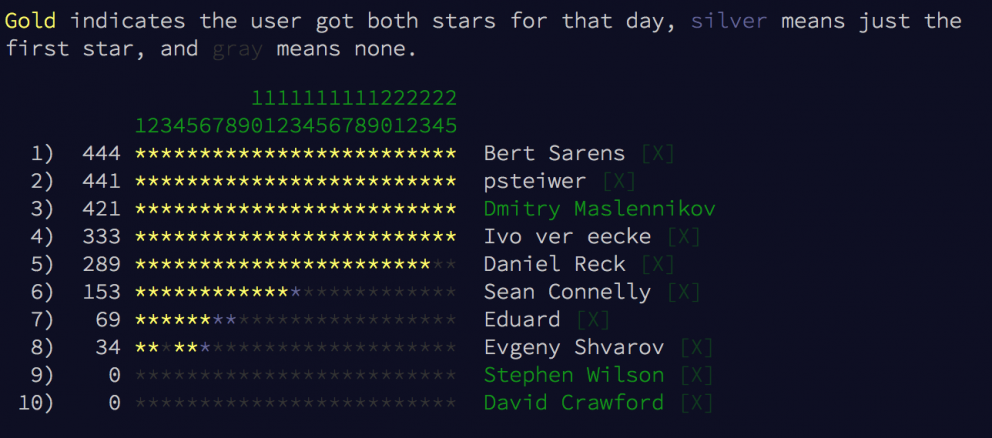Hello again and welcome to the Part 3 - Using the SQL API!
If you have been wondering about how to use SQL along with Frontier, you came to the right place. That's because since Frontier wraps the common Caché SQL API within it's own, you need to use the API provided from it. But you don't need to worry about its learning curve, because the Frontier SQL API is really simple.


